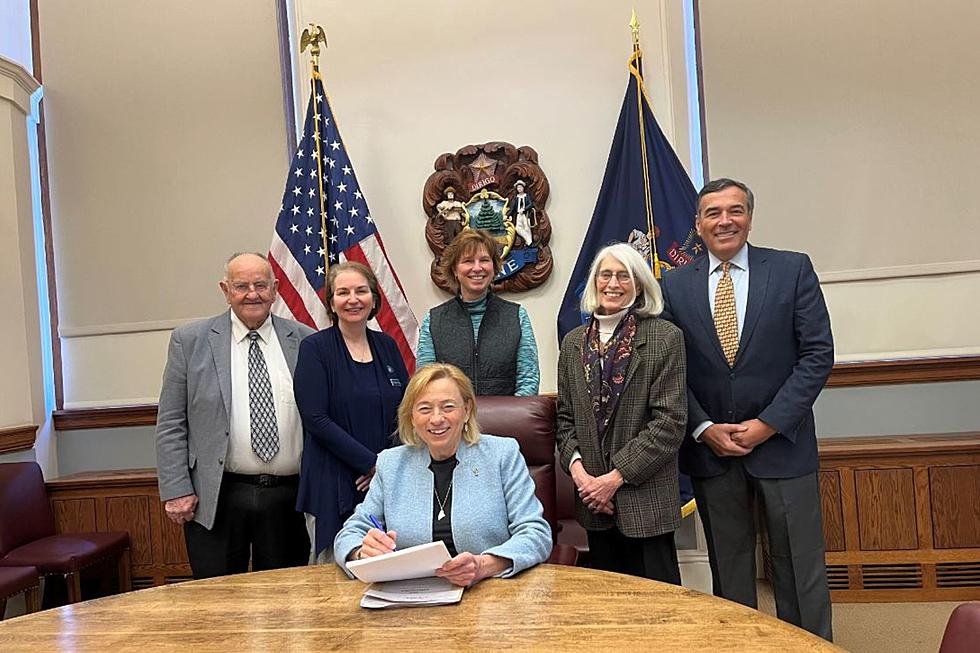
Governor Janet Mills Signs Maine’s Supplemental Budget Into Law
Governor Janet Mills has signed the state's supplemental budget into law after it was approved by lawmakers.
What Was the Vote in the Legislature on Passing the Budget?
The Legislature overwhelmingly approved the Governor's proposed supplemental budget last week. The vote was 113 to 21 in the House and 24 to 5 in the Senate to pass the measure. It also earned the unanimous support of the Legislature's Appropriations and Financial Affairs Committee.

How Does Governor Mills Say the Budget Will Benefit Mainers?
Governor Mills thanked the Legislature for their cooperation in passing the measure.
The supplemental budget will help Maine nursing facilities, hospitals, small businesses, and others while keeping our budget balanced.
She says she now looks forward to working with them on the biennial budget.
Do You Have Some Examples of Items on the Budget?
Some of the specifics of the supplemental budget include the following:
- $25 million in State and Federal funds to help long-term care facilities for older residents, including nursing facilities.
- $25 million in State and Federal funds to support hospitals' recovery from the COVID-19 pandemic.
- $6.5 million in small business health insurance relief which will extend from April to the end of July the Maine Jobs and Recovery Plan Program. This initiative provides monthly payments of $50 per worker (more for families) to sustain affordable health insurance.
- $6.6 million in the supplemental budget will help Maine State retirees through a one-time payment equivalent to a one percent cost-of-living adjustment, for an average benefit of $175 for approximately 37,600 state sponsored plan retirees.
- It authorizes the Maine Commission on Indigent Legal Services to increase the rate of pay for rostered attorneys from $80 per hour to $150 per hour.
- $10 million will be set aside for the dredging of Portland Harbor.
- Sets aside $50,000 for a study to assess the cost of milk production in Maine based on costs and other financial factors in calendar year 2022, which will be completed by the end of December of this year.
In addition, this supplemental budget will include funding for increased fuel costs across state government and for improvements in state government-owned buildings, among other items.
40 Pet Names For People Who Love Maine
20 Birds to Replace the Chickadee as Maine's State Bird
More From WQCB Brewer Maine









